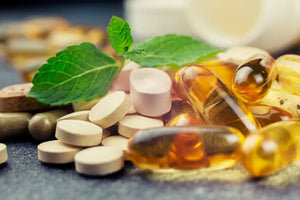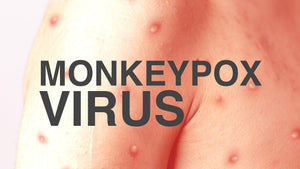
World Water Day
World Water Day is an annual United Nations Observance, started in 1993 celebrated on 22nd March. It celebrates water and raises awareness of the 2 billion people currently living without access to safe water. The day's focus is to inspire action towards Sustainable Development Goal (SDG) 6: Water and sanitation for all by 2030.
Water regulates body chemistry and facilitates vital process. It helps in maintaining a normal body temperature, transports nutrients and minerals and aids in digestion and metabolism. Hence, we need to ensure that the water we drink is free of all sorts of impurities.
Waterborne diseases are illnesses caused by microscopic organisms, like viruses and bacteria, that are consumed through contaminated water or by coming in contact with feces. If every person on the planet was able to practice safe sanitation and hygiene and have access to clean water, these diseases would not exist.
Diarrhoea is the second leading cause of death for children under the age of five. More childhood deaths occur from diarrhea than from malaria, AIDS, and measles combined. Of the seven most common waterborne diseases in the world, diarrhea is the central symptom.
Here are some common waterborne diseases:
1. Typhoid: Caused by the bacteria Salmonella typhi, it clinically presents as fever, fatigue, diarrhoea. It can be prevented by proper hygiene and by taking a shot of vaccine.
2. Cholera: Only 1 in 10 people develop life threatening symptoms. Its clinical presentation includes nausea, vomiting, muscle cramps, diarrhoea. Cholera is easily preventable by eating cooked food and consuming sealed and bottled water during travelling.
3. Dysentery: It is characterized by severe diarrhoea and presence of blood and mucus in the stool. Fluid intake and oral rehydration is very important or it leads to fatal symptoms.
4. E.Coli: The most common waterborne infection and has similar symptoms to dysentery. Over the counter antibiotics are used to manage the infection and symptoms.
How to prevent these diseases?
These diseases can be prevented by drinking only sealed or filtered water, peeling and washing vegetables before eating, washing hands before and after toilet use and practicing utmost cleanliness and proper sanitation habits.
We hope on this World Water day, we could raise some awareness for the need of clean water supply.







